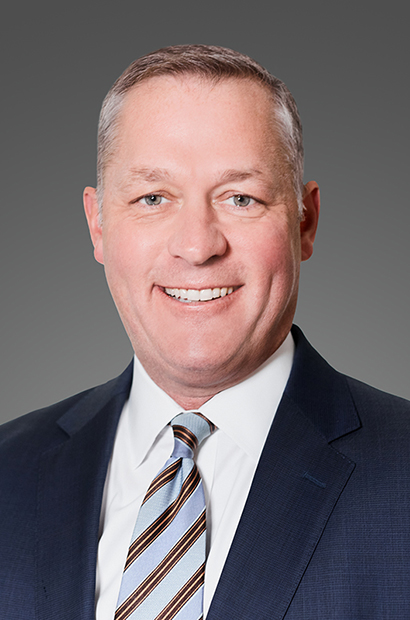What inspired you to join Bernstein?
Bernstein’s world-class research, which will always be our calling card, inspired me to join the firm. When I graduated from the Carlson School of Management, a business school at the University of Minnesota, with an MBA in finance, I knew I wanted to be in the wealth management business. There were many different options and approaches for pursuing a career in wealth management, and I spent my time doing the research on which one would be the best for me. Bernstein’s singular focus on wealth management, and industry-leading research efforts to support that focus, gave me great confidence that we would be sitting on the same side of the table as our clients. By this I mean that we’d always act in the best interest of our clients.
What’s the best way for people to put their wealth in perspective?
Personally, as I tell my clients, I equate wealth with options. However, when an advisor is handling wealth, they need to view the choices around it through the lens of their client. The variables that come along with wealth are complex—they include taxes, estate laws and changing government rules. All of these must be taken into consideration. Yet, the choices one makes for how to distribute their wealth will almost always be driven through four core areas: spending, gifting to family members, philanthropic donations or paying some form of tax. If a client keeps their focus on these four areas—and looks inside to see which ones are most important to them—they can have a bigger impact. Less is more sometimes when it comes to how wealth is spread, which is why I always tell my clients, “Focus on what matters.”
What is the most fulfilling aspect of being an advisor to your clients?
There are many aspects of my job that I enjoy, so let’s start with creating peace of mind. This is a lofty goal and clearly, there are times when it’s difficult. Having survived the dot-com bust, the great financial crisis and COVID-19, I know there are times where peace of mind is impossible to cultivate—especially in the middle of the storm. However, a solid plan and communication, especially during difficult times, creates confidence in the client-advisor relationship. Then peace arises naturally. I’m also happy when my clients feel that they can talk to me about whatever they are wrestling with. This could be a complex question, such as “What sort of trust will work best in my estate plan given my goals?” or, something as simple as “Should I take on a mortgage?” or “When do I begin taking my social security?” I want to be my clients’ true financial advisor: the person responsible for their investments and money management, but also for their overall financial plan.

